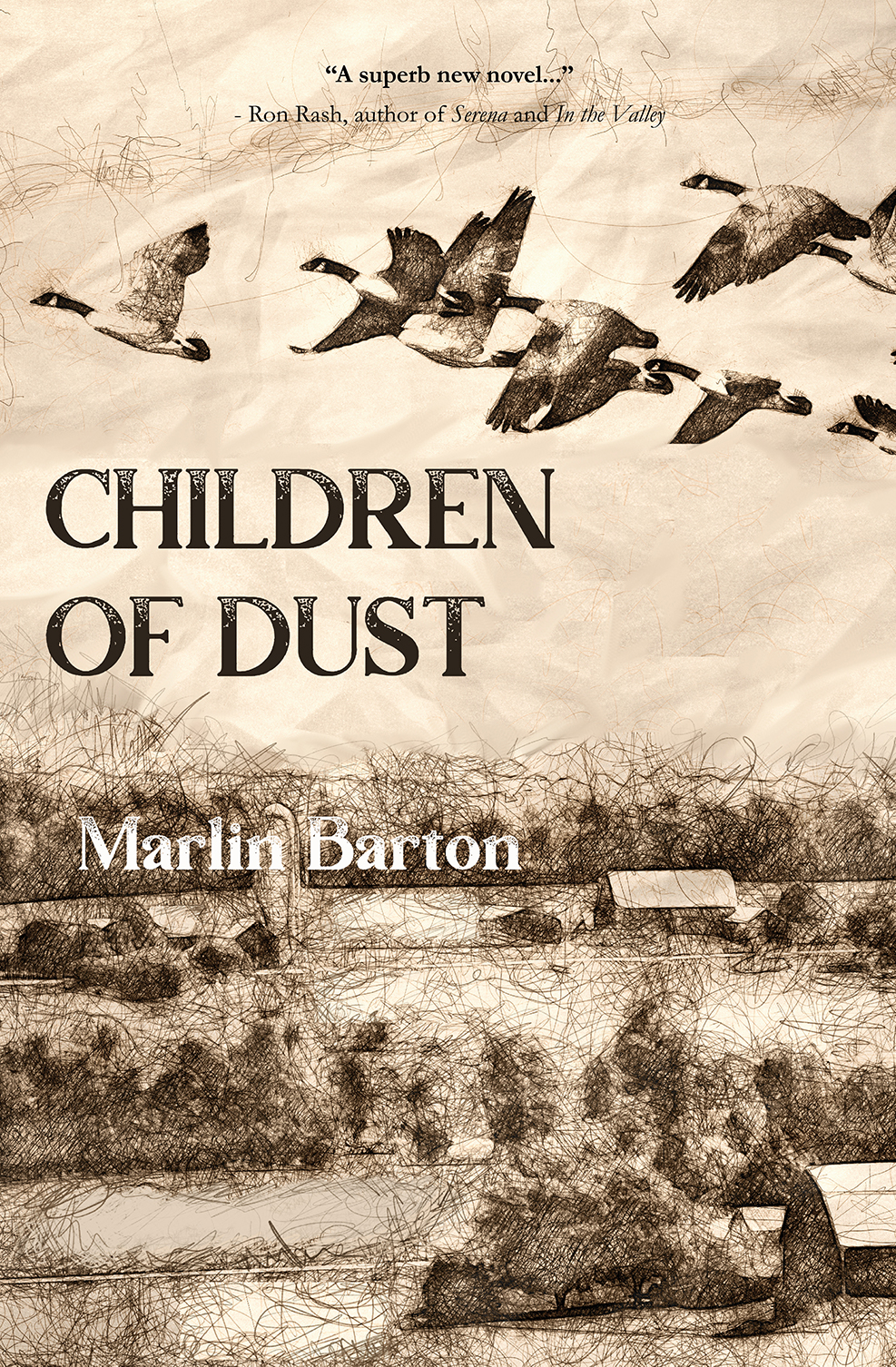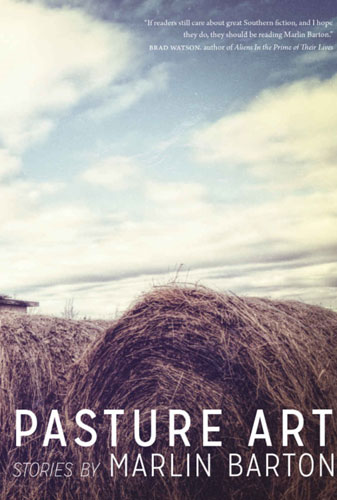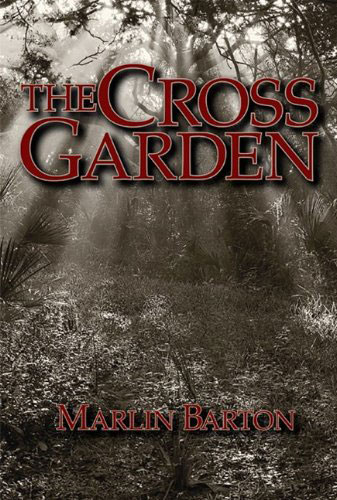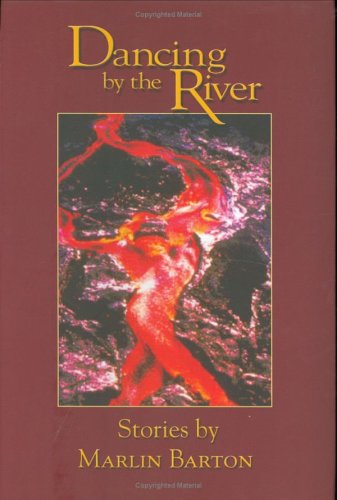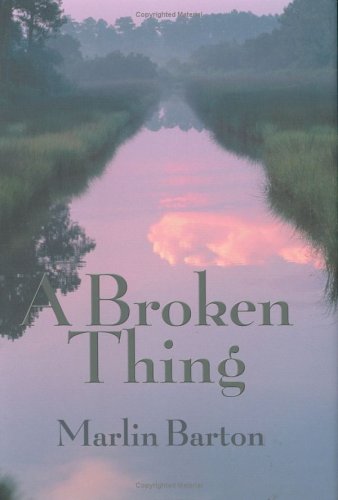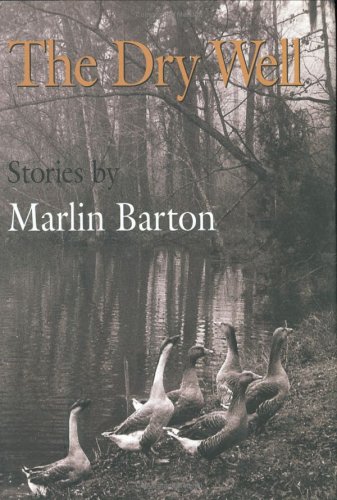What others are saying about Marlin Barton…
Praise for Children of Dust
A thought-provoking novel
The rich, eloquent historical narrative gives voice to the various individuals involved, showing that people need only to understand that history is complex . . . in order to move toward unity.
Barton seems to have much the same sensibility as Faulkner.
An impressive, serious novel and I hope it will find the serious…readers it deserves.
Barton’s knowledge of Alabama history, racial relationships, and human psychology is borne out in this often delicate, often violent, and always gripping cerebral novel.
Unearths the things that divide us, then and now
A family history that time and again attains the heights of classical tragedy.
Children of Dust shows how the unsettled questions from the past carry forward, creating searches for answers generations later
The breaks and turns give a vivid sense of how history is both made and survived.
With riveting prose, Barton proves he is a master storyteller
An immersive story that asks the hardest questions and answers them with powerful and propulsive historical fiction.
Marlin Barton elucidates Faulkner’s adage that “The past is never dead.”
In Children of Dust, the past haunts the present, possessing our imaginations and revealing its violence, if not all of its mysteries. This moving literary achievement is a thoughtful reminder of the complexity of race relations and the truths that bind us.
This is a deeply moving tale by a richly gifted writer
I just finished Marlin Barton’s intense and beautifully written novel Children of Dust and am full of admiration for both the book and its author. It’s about many things at once-history, forgiveness, love and endurance-and while it’s never didactic, there are lessons in these pages for all of us.
Praise for Pasture Art
These are savage, haunting stories of devastating rivalry and secret love
Marlin Barton’s Alabama is dangerous as a rattlesnake, dark as a mine, and deep as a well. Electrifying.
The stories in Pasture Art rank with those masters of the form
Marlin Barton writes about people in small town Alabama with an unassuming artistry that makes them as real and memorable as the Pennsylvanians of Updike and O’Hara, and the Russians of Chekov.
If readers still care about great Southern fiction, and I hope they do, they should be reading Marlin Barton.
Barton knows his Alabama Black Belt—the place, its people, its history, its language—as well as or better than any writer I know of. His people are haunted equally by fidelity and infidelity, by emotional isolation chosen and not, by possible real aliens as well as the ones they married or gave birth to, and by the deep pain of inexorable love. Their stories will haunt you after you’ve read this book. The anchor novella, a powerful deconstruction of a tragedy that continues to destroy everyone involved even twenty years after the fact, is as much a page-turner as any great crime story, and it’ll make you weep.
Praise for The Cross Garden
The Cross Garden is a masterwork. It comes on like the rising tide, quiet, inexorable and overwhelming.
If you still . . . believe in the art of the well-written, this most remarkable and memorable book by Marlin Barton is the one for you.
Marlin Barton is a writer to watch.
A gripping literary thriller set in a place so vividly rendered that the novel’s characters seem to spring directly from its soil. Marlin Barton is a writer to watch.
Praise for Dancing by the River
Barton has proven yet again he is a master storyteller.
Marlin Barton knows people, our histories, our voices, our sad broken hearts, so he knows what we need and is compassionate enough to give it to us in this stunningly graceful collection of connected short stories, which is a river itself, a river fed by rivers, a river peopled by rivers; it’s simply a rich, overwhelming force of a book that often comes at you gently, but before you can perceive the depth, the magic, you are carried away, laughing and then nodding along for the truth of it all.
Striking confirmation that Southern short fiction is alive and well.
Marlin Barton has the talent, empathy, and wisdom to reveal the depths of his characters’ hearts. While doing so, he also helps us to better understand our own. It is my hope that this collection brings Barton the wider readership his fiction so richly deserves.
Praise for A Broken Thing
You realize you know this family. You might even love them.
Marlin Barton writes beautifully about the Southern family—the American family—a broken thing. The lives of the parents bear down on the children and the children’s children in a way that makes you nod your head, yes, yes. Their story will definitely take hold of you and make you care.
A lesson in love and truth.
A Broken Thing provides a lesson in love and truth, exploring the discord that arises when both are compromised.
An impressive, uncompromising book.
Marlin Barton’s first novel is as relentless as Euripides, or Faulkner, whose As I Lay Dying is its formal model. Its central preoccupation is the sins . . . of fathers and mothers passing into the lives of their offspring. It also reminds us how many people, living and dead, ghost our daily experience, complicating and enriching our choices. Barton includes the dimension of mercy, too—the mutual forgiveness of failures by family members who, finally, find ways to realize they can’t live without each other.
Praise for The Dry Well
A real talent.
Highly recommended.
Each story is an epiphany.
Touching issues of poverty, prejudice, infidelity, and incest, Barton writes with grace and compassion. Each story is an epiphany, presenting a gestalt of events that leads the characters to reinterpret their entire lives in a single moment.
A writer worth watching.
Marlin Barton’s short-story collection reveals him to be a subtle student of literature and humanity and a writer worth watching. . . . He has managed to create his own spot on the map and peoples it with compelling characters.
